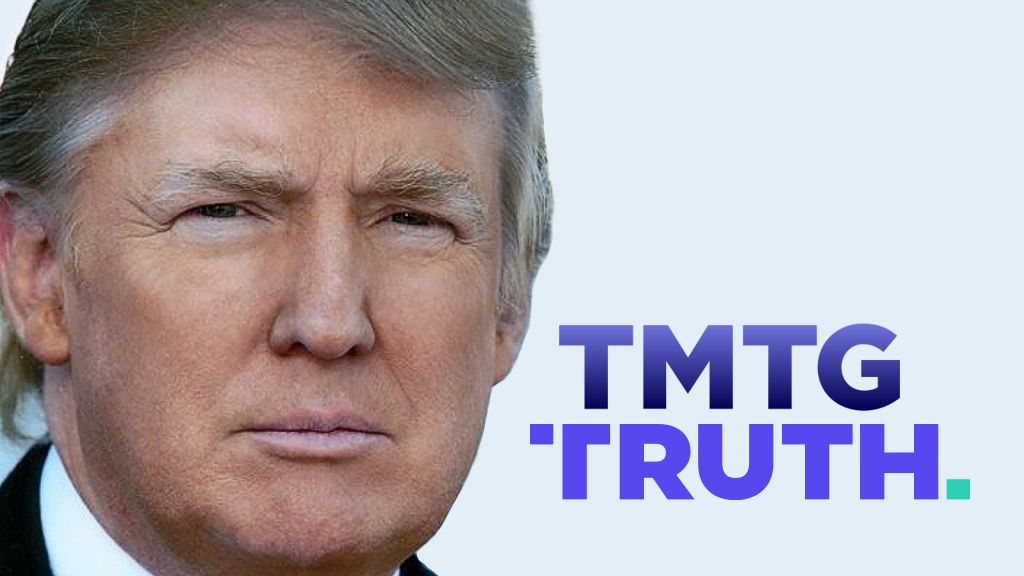Growing chorus say Biden’s $20 billion ports plan needs big boost to reverse decades of infrastructure neglect that now imperils commerce, national security.
President Joe Biden, in an executive order this February, directed $20 billion in allocations from the 2021 Bipartisan Infrastructure Bill (BIL) into a five-year grant program dedicated to modernizing America’s 361 commercial ports.
The money is welcome but not nearly enough to overcome decades of neglect in comprehensive federal port investment and a half-century absence—some say abdication—by successive administrations and Congresses in sustaining a cohesive national maritime policy, a growing chorus of critics contend.
“If you talk to anyone in the ports, they are extremely excited about this. It’s more money than they’ve received in decades,” said Capt. John Konrad, founder and CEO gCaptain.com, a maritime commerce news and analysis site.
“But if you put it in context of a $1.2 trillion infrastructure” package approved under the 2021 BIL and 2022’s Inflation Reduction Act, “it’s less than 1 percent. In that context, it’s not a lot of money,” he told The Epoch Times.
With the nation’s ninth-busiest commercial port sitting idle since the Singapore-flagged 95,000-ton Dali knocked down Baltimore’s Francis Scott Key Bridge on March 26, there’s added intensity to years-long calls to upgrade ports to safely accommodate megaship container carriers. Only a handful of U.S. ports can, and improvements are needed to buttress supply chains that generate $5.4 trillion in annual domestic economic activity.
That renewed emphasis on federal port investment is certain to surface when the House Transportation & Infrastructure Committee’s Coast Guard & Maritime Transportation and Homeland Security subcommittees convene a joint field hearing at the Port of Miami on April 5.
“The problem is, if you look at how much money we spend in that infrastructure bill on maritime, it is a fraction” of what is needed, said Dr. Salvatore Mercogliano, a professor who analyzes maritime commerce at Campbell University in Buies Creek, North Carolina.
There’s even less federal policy dedicated to maritime commerce than federal money for ports, he told The Epoch Times.
“You actually had the Secretary of Transportation [Pete Buttigieg] at a press conference” on the Dali crash “come out and say, ‘You know, there’s really no one in charge’” of national maritime policy and that the U.S. Maritime Administration (MARAD) “‘doesn’t have the power the FAA does to control air, so there’s no central place that should be looking out for ports and maritime policy,’ which I think is an inherent flaw in the government’s oversight of shipping.”
By John Haughey





